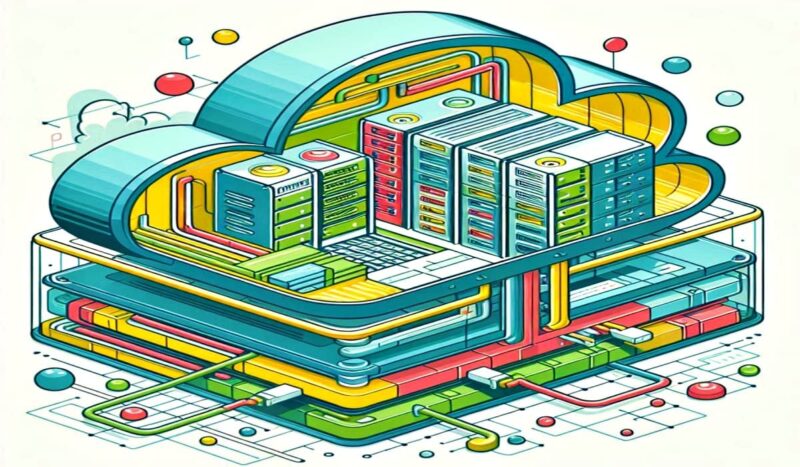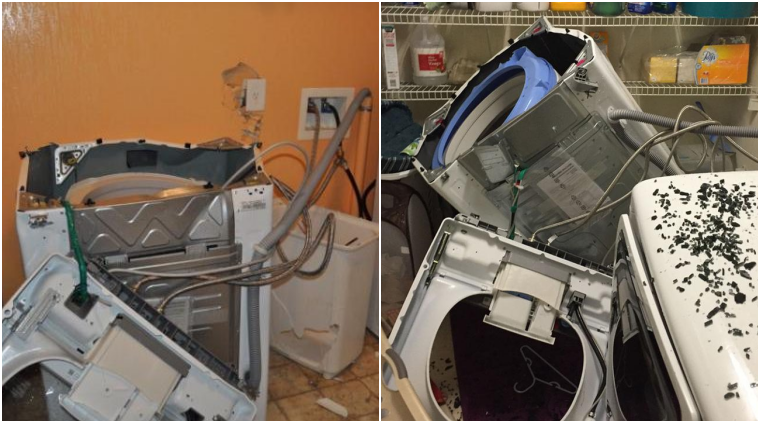Purchasing a server might be difficult. This is particularly valid for those making their first purchase. There will be a lot of questions at first, and the process will be overwhelming.
When a small business expands and employs more people to work toward common objectives, purchasing a server becomes essential. Things can be far more efficient with the help of servers. It’s okay if you desire it for yourself as well. A server expedites the completion of pressing activities and ensures timely delivery.
Why does your business need a server?
Backups
In most cases, you can almost surely avoid data loss if you have a backup that is set up correctly and has been tested. Having a server helps your firm reach that milestone. A cloud backup service can help ensure that you never lose your data, depending on your needs.
File Sharing & Security
One of the most typical functions that a server might have is file access controls. People may exchange papers, keep confidential documents, provide read-only access to certain documents, and do a host of other crucial tasks. For instance, the sales staff might not need access to the management folder—only the sales folder. This can be approved by a server.
Print services
Does John use all the colour toner in accounting all the time? For such, a server equipped with Microsoft print services might be useful. You can stop John from using all that pricey colour toner, depending on the printers in your workspace.
Hosting Applications
If you wish to host on-premises apps such as Quickbooks, you might need a server. For instance, Quickbooks was not intended to be used online; if you try to use it that way, you run the risk of corrupting the Quickbooks database and losing Intuit support. It begs the question, though: Why not use Quickbooks online?
If your internet access is unreliable, hosting apps on your server is an excellent option. Every time the internet is down, you don’t want to be unable to use your application, do you?
Windows Active Directory
Does your company interact with any government agencies? Your company must have a server due to PCI DSS and HIPAA standards. Without a domain controller, it is nearly hard to comply with PCI DSS and HIPAA regulations. You may establish audit trails, enforce endpoint encryption, and create password rules on a server that performs domain controller responsibilities.
It’s crucial to keep your company’s future in mind when choosing that first (or next) server. Do you anticipate growing quickly? If so, you could eventually save time and money by using a more complex solution. A cloud solution can simulate the majority of an on-premises server’s capabilities. No need for capital expenditures or servers on-site. For small businesses with the potential for rapid growth, this can be the best option. Cloud care solutions typically take care of all data backup, maintenance, and redundancy-related responsibilities.
Factors to consider when buying your business server
Do Companies Still Purchase Servers in the Cloud Era?
They do. Small businesses might purchase servers for a variety of reasons. Even though a growing number of companies are embracing cloud solutions for all or part of their infrastructures, many still want internal data control. Even for those companies that currently employ cloud solutions, keeping backups on-site is still recommended.
While some use an in-house server infrastructure for strictly regulatory reasons, many others want to manage and control their infrastructure so they are not constantly paying licensing fees or worrying about security concerns over which they have no control.
New or Refurbished
Selecting a secondhand server for your small business will help you avoid sacrificing performance when purchasing a server on a tight budget. Small firms, that prioritize obtaining the best specs at the lowest possible cost, typically opt to purchase used servers.
Using a pre-owned server, like an HP small business server, allows you to customize it to your specific needs with server parts readily available from a reliable online store. The secondary market for secondhand servers is so developed and liquid that there are countless options for choosing the parts you want in the server, and all of these varied parts are often easily available at extremely competitive costs.
Other benefits include lowering the amount of electronic waste produced, having your purchase delivered within a few days of ordering (new server lead times are frequently prohibitive), having readily available spare parts, having hassle-free returns, and paying little to nothing for shipping.
Once you’ve made up your mind to buy a refurbished server, you must be careful to choose a trustworthy vendor. There are a lot of server resellers, much like the market for secondhand vehicles. Before making a purchase, a little research will help a lot. Make sure the person you choose to buy from will offer you the after-sale assistance you will probably want.
Tower Servers or Rack-Mountable Servers?
It all comes down to how many servers you intend to have. Tower servers are often a preferable option if you only want to use one or two servers and you don’t already have a server rack.
However, if you intend to have several servers, a rack would be a better choice since it would enable you to have multiple servers without taking up much room. The height that a rack mountable server (also known as a rackmount server) would occupy in a server rack is measured in units of measurement called rack units (RUs). A server that occupies one RU in a server rack is referred to as a 1U server.
The majority of common servers typically have a form factor of 1U or 2U, while some may be larger. If you’ve decided to buy a rack server, be sure you get rails that essentially let you put the server in the rack. Since they make it simple to slide the servers in and out of the rack, sliding rails—as opposed to static rails—are typically the best option.








